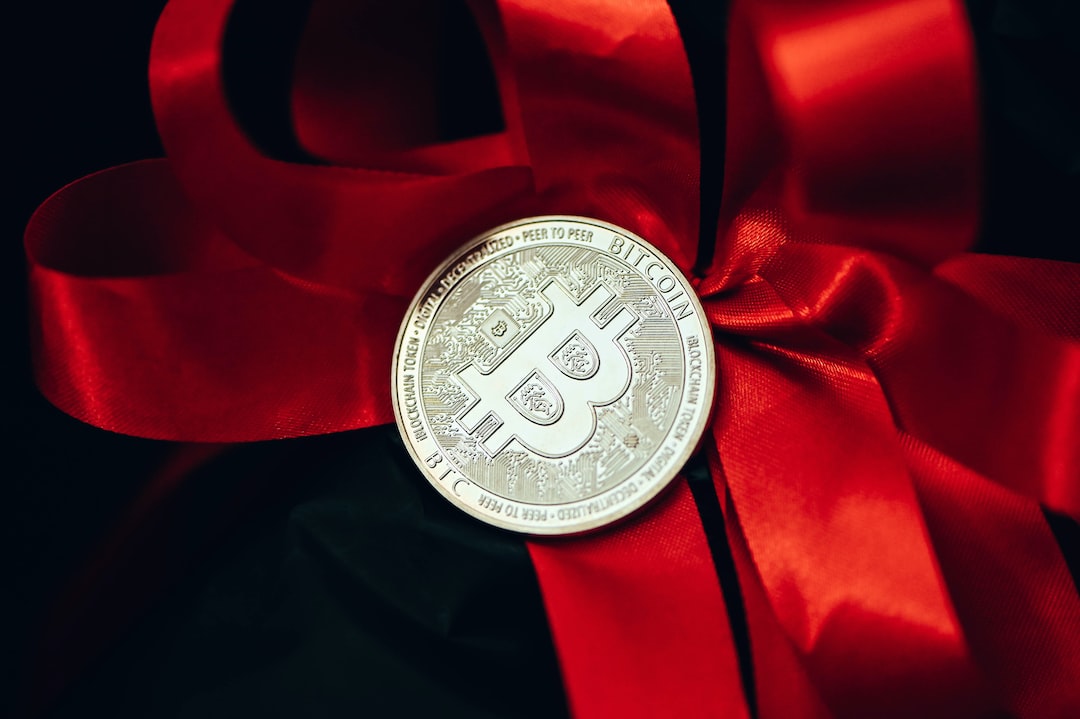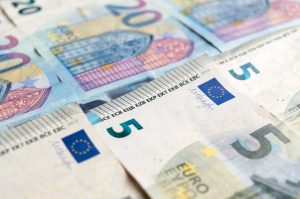Forex trading, also known as foreign exchange trading, is a global market that allows individuals and institutions to buy and sell currencies of different countries. The forex market is the largest financial market in the world, with an average daily turnover of over $5 trillion. It operates 24 hours a day, five days a week, and is accessible to anyone with an internet connection.
The forex market is an industry in itself, with a complex network of participants, including individual traders, banks, hedge funds, central banks, and multinational corporations. The industry is highly competitive, with participants seeking to profit from fluctuations in currency exchange rates. The forex market is also highly volatile, with prices changing rapidly in response to economic and geopolitical events.
The forex market operates on the principle of supply and demand. The value of a currency is determined by the amount of demand for it relative to the supply available. When demand for a currency exceeds supply, the value of the currency increases. Conversely, when supply exceeds demand, the value of the currency decreases.
Forex traders use a variety of tools and strategies to profit from currency fluctuations. Technical analysis is a popular strategy that involves analyzing charts and using mathematical indicators to identify trends and potential price movements. Fundamental analysis involves analyzing economic and political events that may impact currency values. Forex traders may also use automated trading systems or engage in high-frequency trading to capitalize on short-term price movements.
The forex market is highly liquid, meaning that traders can buy and sell currencies quickly and easily. This liquidity makes it possible for traders to enter and exit positions at any time, and to take advantage of small price movements. However, this liquidity also makes the forex market highly susceptible to manipulation and price spikes.
The forex market is not regulated by a central authority, but instead operates through a network of interbank transactions. This means that prices can vary between different brokers and platforms, and that traders must be careful to choose reputable brokers with fair pricing and reliable execution.
Forex trading is not without risks. The highly volatile nature of the market means that traders can experience significant losses if they do not manage their risk effectively. Many traders use stop-loss orders to limit their potential losses, and use risk management strategies such as diversification and position sizing to minimize their exposure to any one currency or market.
Despite the risks involved, forex trading has become increasingly popular in recent years, with individual traders and small investors seeking to profit from the global currency market. The accessibility and flexibility of the forex market, combined with the potential for high returns, make it an attractive option for those willing to take on the risks involved.
In conclusion, the forex market is a complex and highly competitive industry that allows individuals and institutions to buy and sell currencies of different countries. The market operates on the principles of supply and demand, and is highly volatile, with prices changing rapidly in response to economic and geopolitical events. Forex traders use a variety of tools and strategies to profit from currency fluctuations, but must also be aware of the risks involved in trading in a highly liquid and often unpredictable market.


